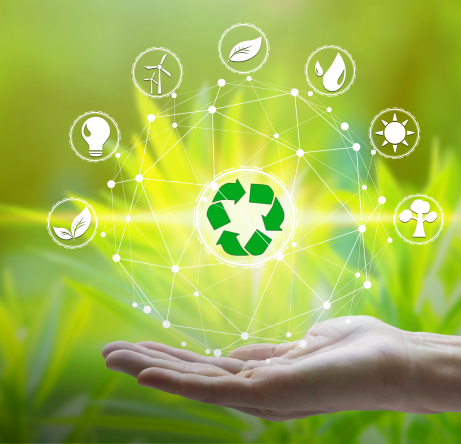Revolutionising agriculture; high-tech farming of sustainable protein
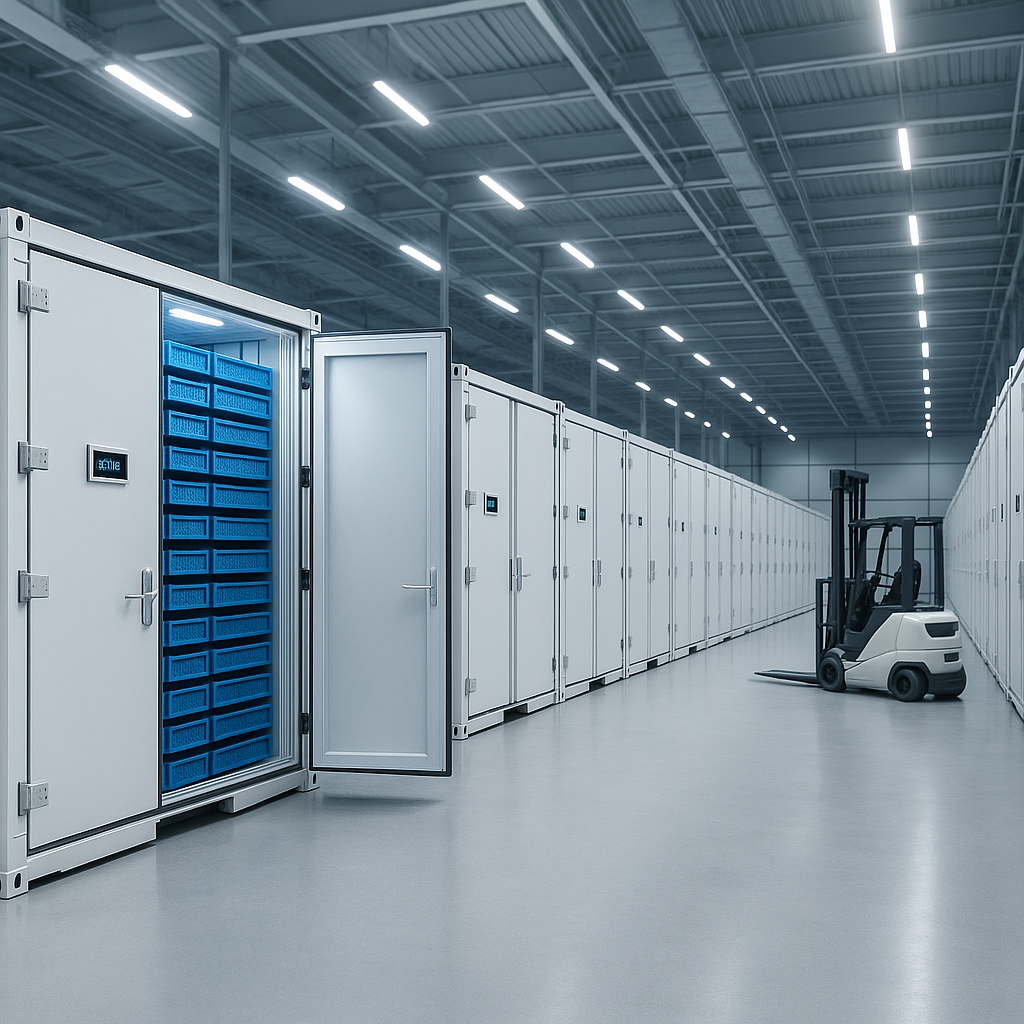
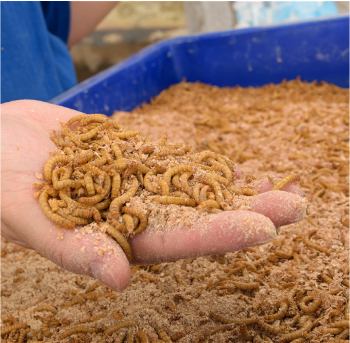
OUR VISION
Our vision is to make a positive impact on the water, food and energy nexus by pioneering high-tech, automated production of sustainable insect-derived protein for human consumption.
WHY SUSTAINABLE INSECT PROTEIN
We believe that insect-derived protein can go some way to address the pressure on the increasing demand for water, food and energy. With the global population projected to reach over 9.7 billion by 2050, the necessity for alternative protein sources such as insects will become increasingly vital.
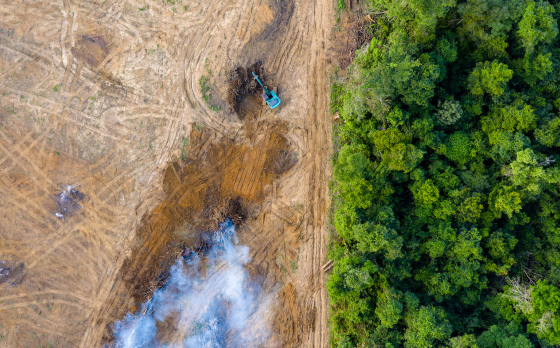
Today's agricultural practices are not sustainable with the demands of a growing world population.
See More
Today’s agricultural practices contribute to approximately 30% of global greenhouse gas emission exacerbating its environmental impact by destroying rainforests and peatland to make way for agricultural land with much of it used to grow crops to feed livestock. In addition, agriculture withdraws a staggering 70% of renewable freshwater resources that feed our rivers and aquifers according to the UN Food & Agriculture Organization.
Insects are a common food source for over two billion people worldwide.
See More
In recent years, insect farming for human consumption has gained traction as a sustainable and efficient means of meeting the rising demand for protein. In fact, insects are a common food source for over two billion people worldwide and have been consumed by humans for millennia.
Insect protein is high in essential amino acids, vitamins, and minerals, making them a nutritious dietary alternative.

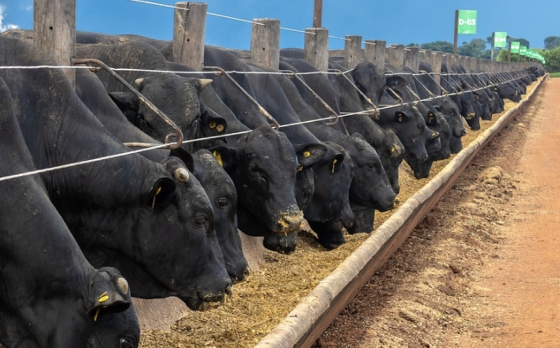
Insects need thousands of times less feed and water per kilogram of proteins produced compared to cattle, pigs or chicken.
See More
Compared with traditional livestock farming, the environmental impact of insect farming is significantly lower. Insects, being cold blooded, need far less feed and water per kilogram of proteins produced compared to cattle, pigs or chicken. Reported numbers vary but both feed and water requirements are thousands of times less per kilogram of protein produced. In addition, the greenhouse gas emissions to produce a kilogram of insect protein are thousands times lower than producing the equivalent of beef protein. Insects such as meal worms can be raised in vertical farms, requiring much less land compared to traditional agricultural practices.
A byproduct of raising insects is 'frass'; a highly effective organic fertiliser.
See More
The byproducts of farming insects is frass (‘insect manure’) and chitin from the exoskeleton.
Frass is proving to be a highly effective organic fertiliser with soil enhancing benefits stimulating the soil microbial activity which is completely absent from industrial fertiliser. What is more, the uptake of elements Nitrogen, Phosphorus and Potassium is as efficient as industrial NPK fertilisers but with a fraction of the carbon footprint that the latter requires for its production.
Chitin has niche uses in biomedical and biosynthetic which are actively being researched and developed.
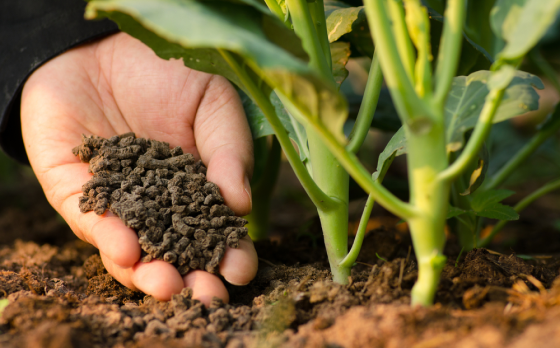
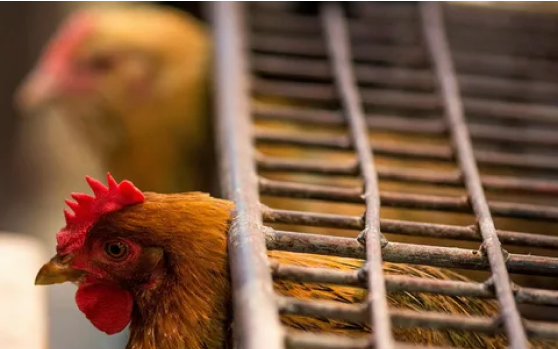
The animal welfare of the modern livestock industry is arguably crueller than farming insects.
See More
More work on a range of opportunities still needs to be carried out.
See More
There remain challenges to insect farming though. In more temperate climates, raising some type of insects can be relatively energy intensive. Much more research into optimal farming practices or selective breeding methods is necessary. To make this work at scale we need to work with large players in the food industry to create the demand and with legislators to regulate the quality, heath & safety and trade compliance landscape.
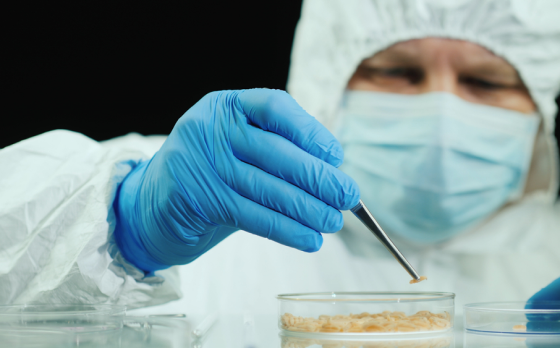
Insect protein production is still developing but the potential is immense. With further research, we can enhance efficiency and unlock broader applications in the food industry as part of the solution to future demand.
about us
ENTONEXUS is a start-up with bold ambitions for business-to-business sales. Our routes to market are initially targeted at a limited set of companies with proven uses of insect protein for human consumption and the use of frass for horticulture and organic farming. As we scale up, our ambition is to target industrial use of protein in the human food industry by collaborating with large product developers and retailers.
A modular, climate-controlled production set-up enables steady production growth to 10kT/year over five years while we develop the team, systems and processes. Together with industry experts, we are developing the design and business model.
We aim to establish business partnerships with organisations, universities and individuals to develop carbon neutral production processes, maximise recycling and to support research in insect farming.
ENTONEXUS will brand its agricultural products under the name Better Planet Farm (betterplanetfarm.com) and consumer products under the name Better Planet Food (betterplanetfood.com).
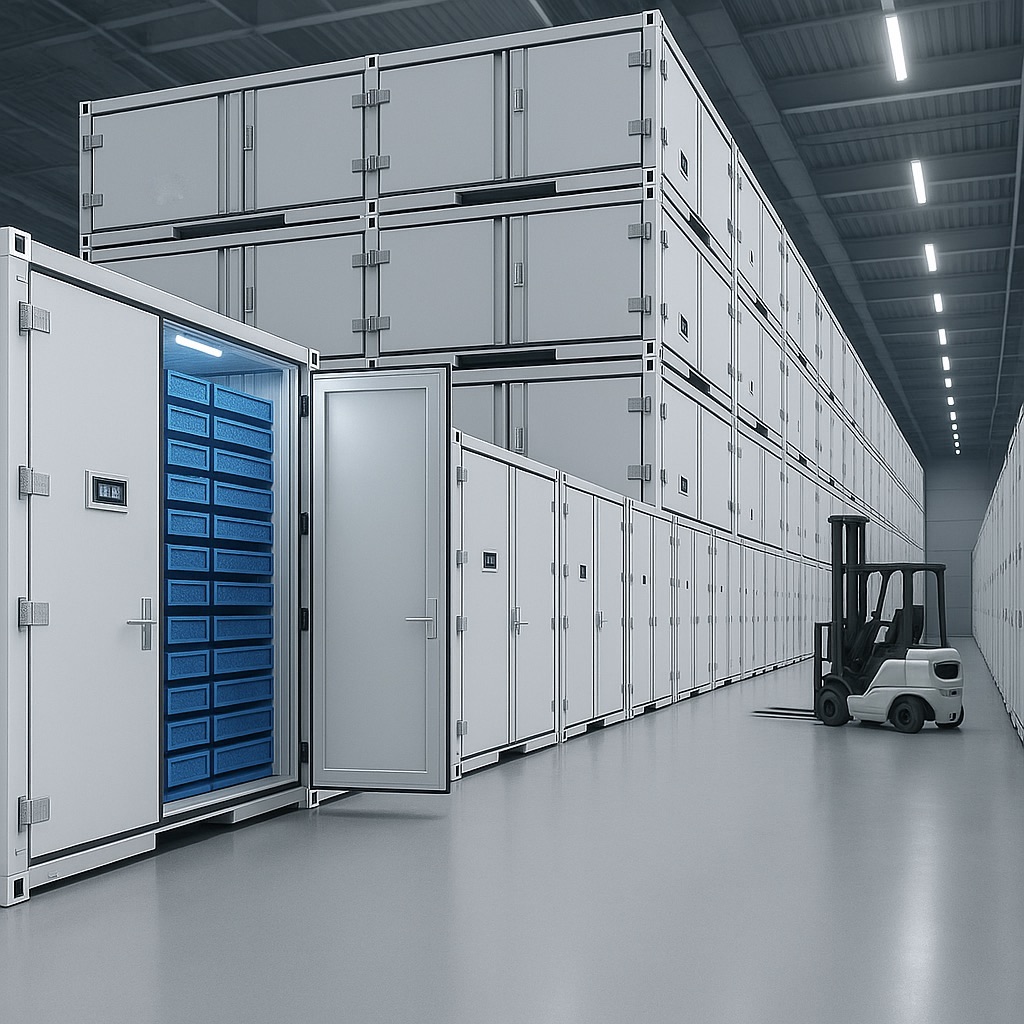
ENTONEXUS is founded by its CEO Wouter Erb who has over 20 years experience in international corporate and commercial finance, leading teams, collaborating across functional disciplines, managing senior stakeholder and implementing strategies. Wouter has long had a passion for sustainable causes and the environment and spent years as a senior leader in the renewable energy industry.
ENTONEXUS is based in the UK which is its initial target market but will look to expand internationally as the organisation grows and markets develop.

Our Mission
Our Values
join us
If you share our ambition and values we would love you to get involved in ENTONEXUS. We are at the start of a journey where along the way, we would love likeminded people to work with us, to be our business partners, investors, grant and subsidy providers, volunteer or supervisory oversight providers.
Crowdfund on Indigogo soon.
Become a member of the solution today.
